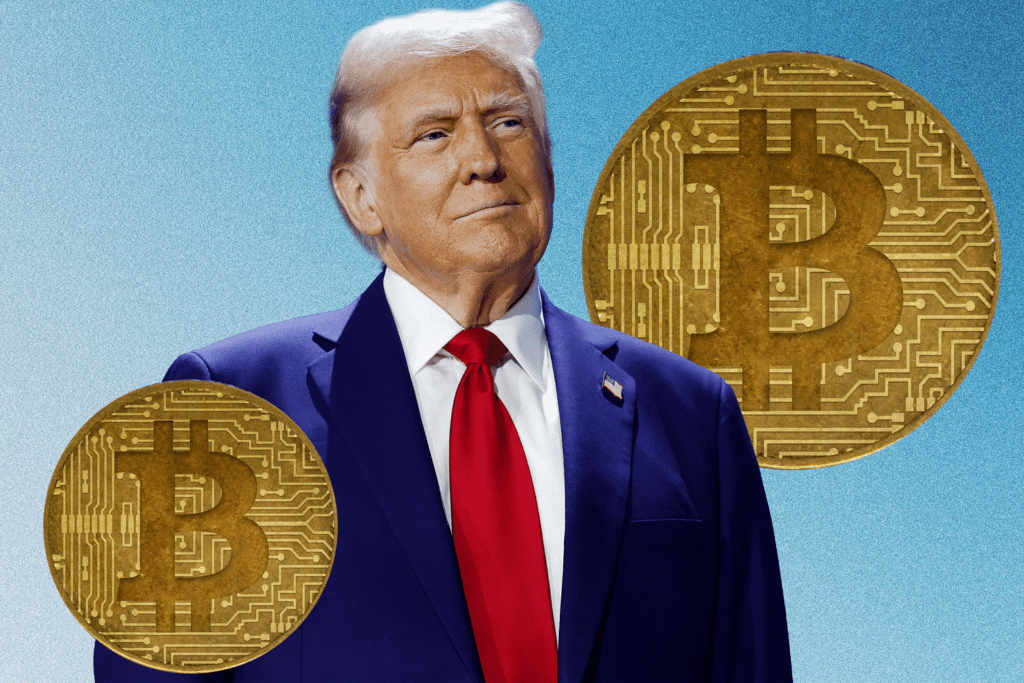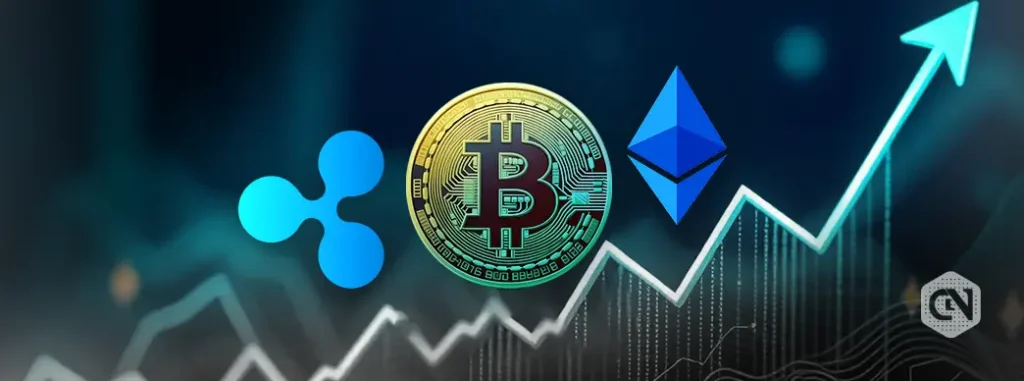The relationship between Donald Trump and cryptocurrency has evolved over time and is influenced by his public statements, policy implications during his presidency, and personal involvement (if any). Here’s a breakdown of his stance and potential influence on the crypto space:
1. Early Views: Skepticism
- Anti-Crypto Statements:
- In 2019, Trump tweeted his disapproval of Bitcoin and cryptocurrencies, stating:
“I am not a fan of Bitcoin and other Cryptocurrencies, which are not money, and whose value is highly volatile and based on thin air.” - He also criticized Libra (the cryptocurrency project proposed by Facebook, now called Diem), suggesting it could undermine the U.S. dollar.
- In 2019, Trump tweeted his disapproval of Bitcoin and cryptocurrencies, stating:
- Reason for Skepticism:
- Trump emphasized the dominance of the U.S. dollar as the world’s reserve currency and was wary of cryptocurrencies disrupting traditional financial systems.
2. Regulatory Environment During His Presidency
- Ambiguous Crypto Policies:
- The Trump administration did not introduce significant regulatory reforms related to cryptocurrencies. However:
- Regulatory agencies like the SEC, CFTC, and FinCEN took an active role in enforcing existing laws against crypto-related scams and regulating initial coin offerings (ICOs).
- The Department of Justice released a “Cryptocurrency Enforcement Framework” to address crypto crimes.
- The Trump administration did not introduce significant regulatory reforms related to cryptocurrencies. However:
- Focus on National Currency:
- Trump’s Treasury Secretary, Steven Mnuchin, was vocal about combating illicit crypto use, prioritizing anti-money laundering (AML) and know-your-customer (KYC) regulations.
3. Potential Personal or Business Interests
- No Direct Crypto Involvement:
- Trump has not publicly shown personal investment in cryptocurrencies or blockchain projects.
- His business ventures, such as the Trump Organization, have not been linked to crypto initiatives.
- NFTs (Post-Presidency):
- In December 2022, Trump released a series of non-fungible tokens (NFTs) featuring cartoonish depictions of himself in various outfits. These NFTs, sold as collectibles, were a surprising move, given his prior criticism of crypto. It marked a shift, albeit in the context of digital art rather than cryptocurrencies themselves.
4. Influence on the Crypto Market
- Market Reactions:
- His 2019 anti-crypto statements had a temporary cooling effect on Bitcoin prices but did not lead to long-term changes.
- Policy Impact:
- The administration’s general focus on enforcing regulations indirectly influenced the crypto industry by fostering more compliance-oriented projects.
5. Comparison to Other Political Figures
- Trump’s stance on crypto contrasts with:
- Pro-Crypto Politicians: Figures like Senator Cynthia Lummis advocate for Bitcoin adoption and innovation in the blockchain space.
- Neutral Approaches: Many policymakers prefer cautious regulation rather than outright criticism.
6. Shifting Global Landscape
- Crypto and Geopolitics:
- While Trump viewed crypto as a threat to U.S. monetary dominance, his trade policies (e.g., tariffs on China) indirectly highlighted the use of cryptocurrencies as a hedge against currency devaluation and geopolitical risks.
- U.S. Competitiveness:
- Some critics argue that his administration missed opportunities to foster blockchain innovation, leaving other countries, such as China, to lead in digital currency development (e.g., the Digital Yuan).
7. Legacy and Speculation
- NFT Move as Opportunism:
- Trump’s NFT launch was seen by some as a pivot to capitalize on the popularity of blockchain technology, despite his earlier criticisms.
- Future Impact:
- If Trump re-enters politics, his stance on cryptocurrency could influence regulatory priorities, though his focus may remain on preserving traditional financial systems and the U.S. dollar’s dominance.
Conclusion
Donald Trump’s relationship with cryptocurrency is primarily characterized by skepticism and a preference for traditional financial systems. However, his NFT venture shows a willingness to engage with blockchain-based technology when it aligns with personal branding or business opportunities. While he hasn’t been a champion of crypto, his policies and statements have shaped public and regulatory conversations around the space.



